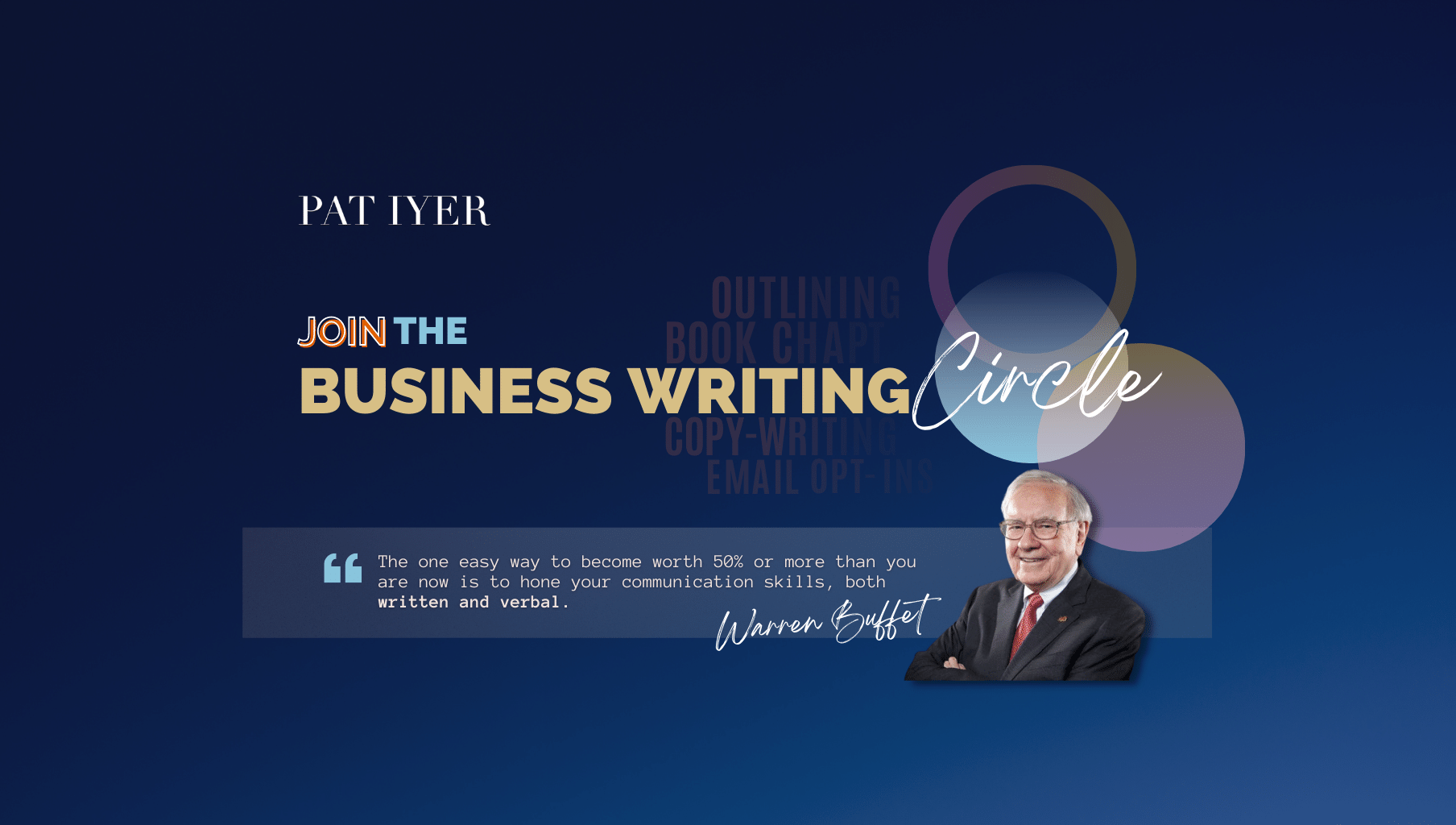You’re probably familiar with the phrase, “I’m not an expert, but I know what I like.” This idea works fine for personal choices, but it can be a disaster in a writing critique group.
If you’re a new writer who joins one for new writers, the odds are that no one will have more experience than you, but they know what they like. What they like might not be what you write. If they don’t like what you write, you could become fatally discouraged. That’s the first problem with a writing group.
A second is that they might not like what you write but because they’re nice people, they don’t want to tell you. So they say nice things. This may falsely encourage you, which is equally fatal.
Yet another problem may be that they see something missing in your writing: lack of documentation or logical argument in non-fiction, or a jumbled flow of ideas. However, they lack the experience or expertise to give you guidelines on how to make it better. This can be the most frustrating result of all.
That doesn’t mean a writing group isn’t a good idea. If you can get into a group with experienced writers who are willing to help beginners, you can benefit greatly.
And any writing critique group can offer mutual support and encouragement, as well as companionship that those who are involved in the solitary craft of writing need.

My Business Writing Circle provides such support, knowledge, and a community. Look at its benefits here and try it for a week.
Ultimately, though, even with the best writing critique group possible, you need a professional eye to evaluate your work: a book coach, developmental editor, or content editor. None of these people will be your friends, and you don’t pay them to be nice about your writing.
You pay them to hear the truth. It may hurt, but it will make you a better writer. I provide this service as a writing coach and editor.
You may reach me through my contact form at contact/patiyer.com.
